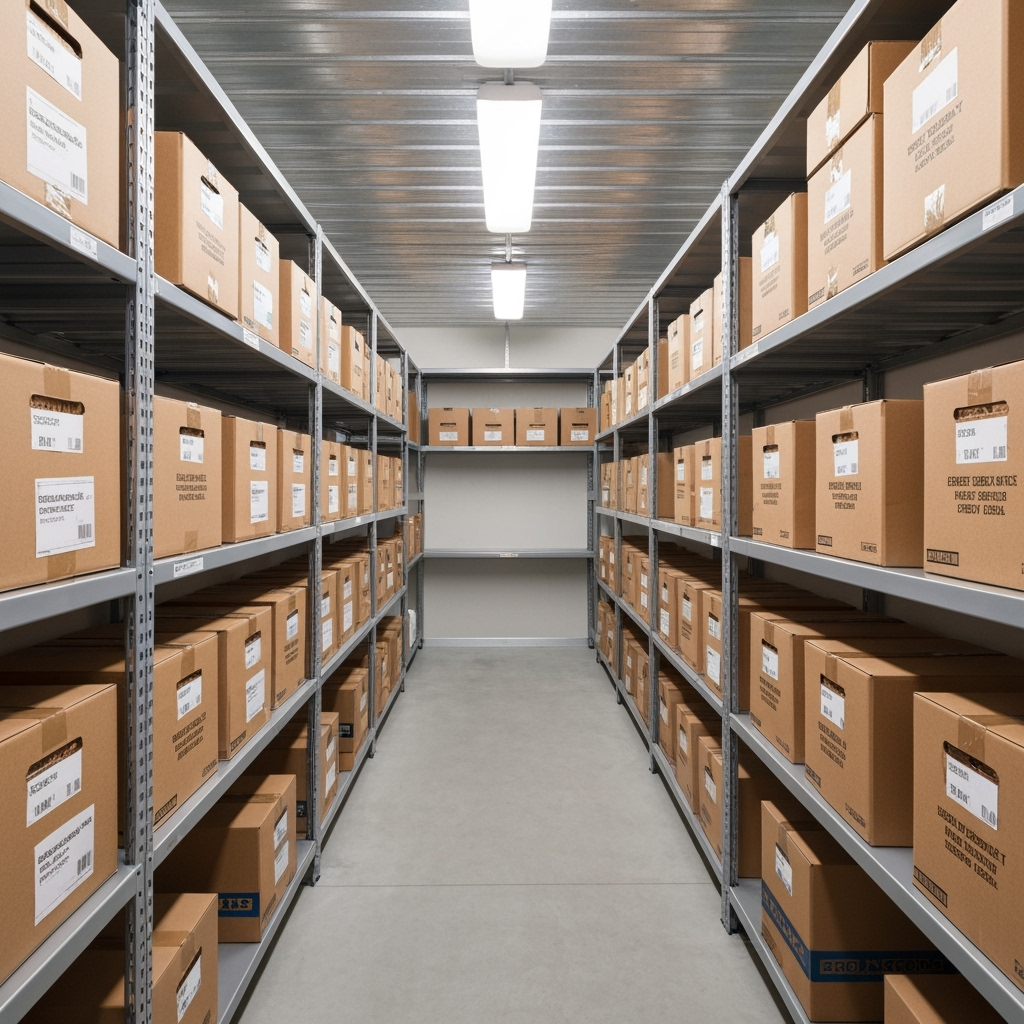
Why Emergency Storage Planning Matters
Life can change in an instant. Whether it’s a job relocation, family emergency, or unexpected renovation, having a solid storage plan can transform a potentially stressful situation into a manageable transition. This guide will help you create a practical emergency storage strategy that provides peace of mind when you need it most.
Creating Your Emergency Storage Plan
A well-thought-out storage plan can make all the difference during unexpected life changes. Here’s how to prepare:
1. Assess Your Needs
Start by evaluating:
- Potential scenarios requiring quick storage
- Types of items you might need to store
- Approximate space requirements
- Duration of potential storage needs
2. Prepare Essential Documentation
Keep these documents easily accessible:
- Storage unit information and access codes
- Insurance documentation
- Inventory lists
- Emergency contact numbers
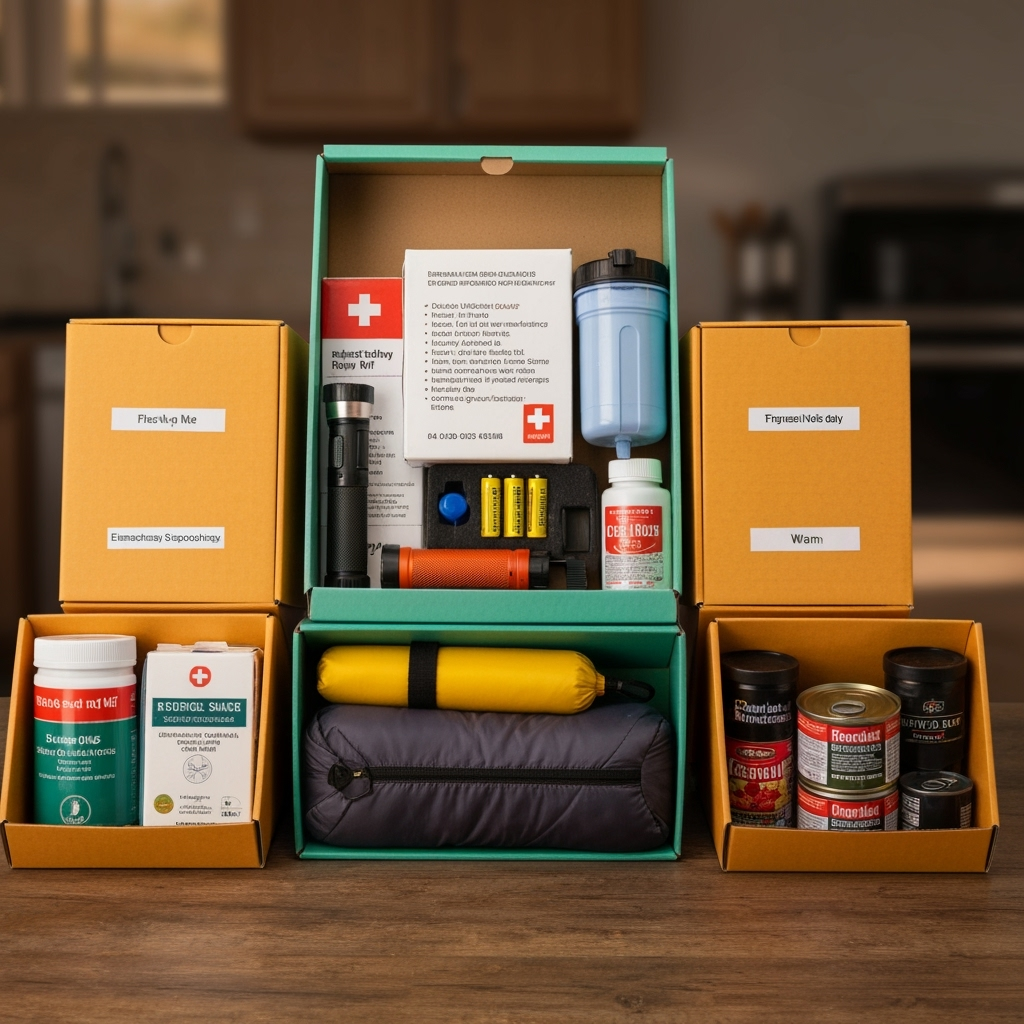
Quick-Action Storage Strategies
1. Create an Emergency Storage Kit
Keep these items ready:
- Basic packing supplies (boxes, tape, markers)
- Plastic bins for valuable items
- Moving blankets or furniture covers
- Basic tools for disassembly
2. Develop a Priority System
Label items as:
- Immediate Access Needed
- Short-term Storage
- Long-term Storage
Choosing the Right Storage Solution
Climate-Controlled vs. Standard Units
Consider these factors:
- Sensitive items requiring temperature control
- Length of storage time
- Local weather conditions
- Budget considerations
Smart Packing Tips for Emergency Situations
1. Efficient Organization
- Use clear bins for frequently needed items
- Create detailed inventory lists
- Label boxes on multiple sides
- Keep a map of your storage layout
2. Protection Strategies
- Use quality packing materials
- Elevate items off the floor
- Create clear pathways
- Implement proper weight distribution
Maintaining Your Emergency Storage Plan
Regular Updates
Review and update your plan:
- Every 6 months
- After any major life changes
- When adding or removing items
- When emergency contact information changes
Taking Action: Your Next Steps
Don’t wait for an emergency to start planning. Visit your local Public Storage facility to discuss:
- Unit size options
- Climate-controlled availability
- Security features
- Access hours and policies
Conclusion
Emergency storage planning is about more than just finding a place to keep your belongings – it’s about creating peace of mind during life’s unexpected moments. With Public Storage’s flexible solutions and this comprehensive guide, you’ll be prepared to handle whatever changes come your way.




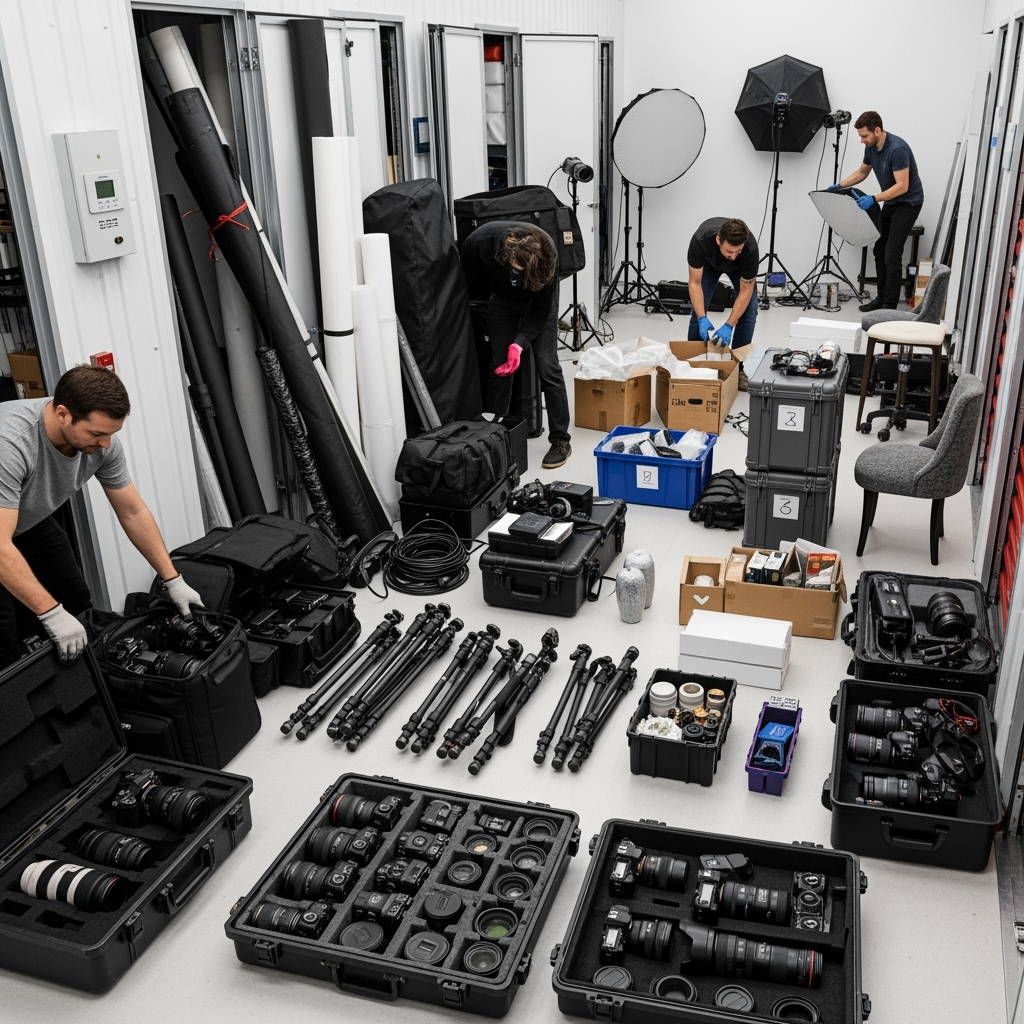

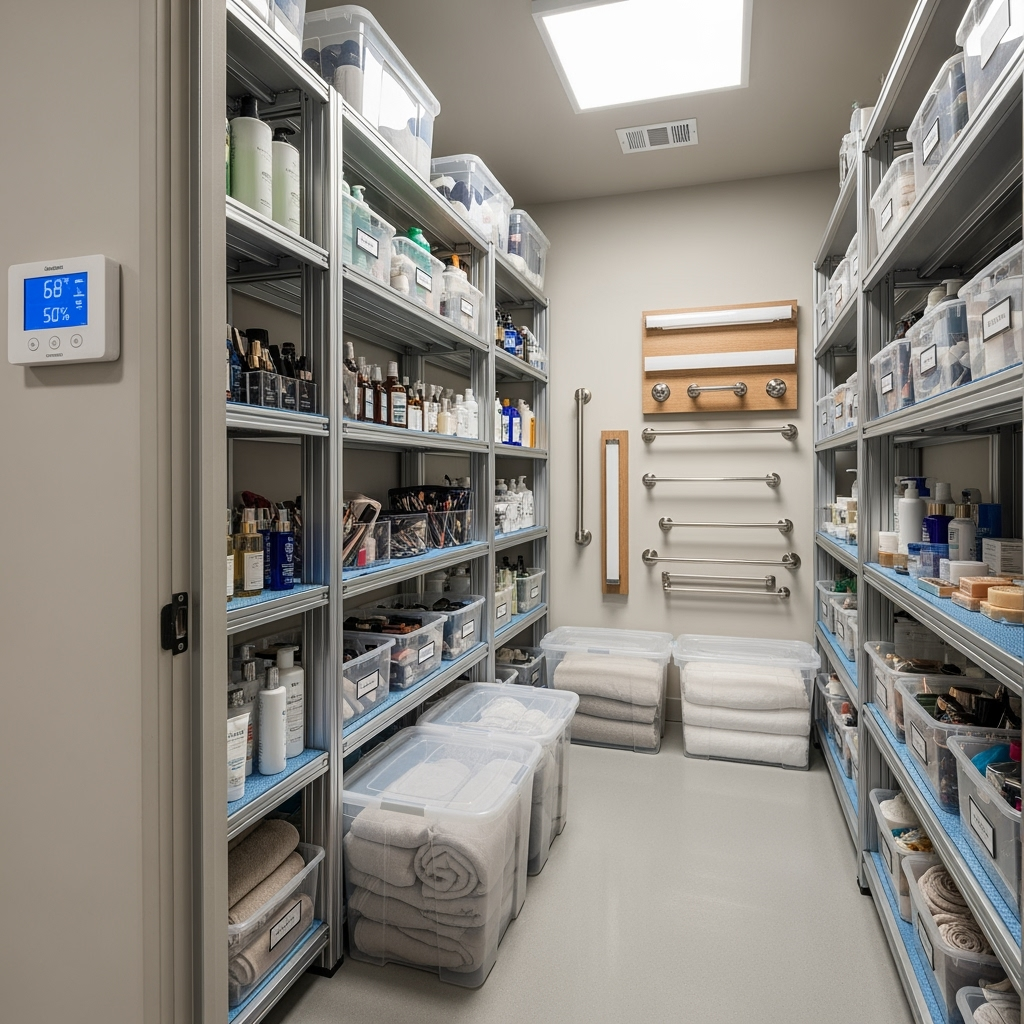


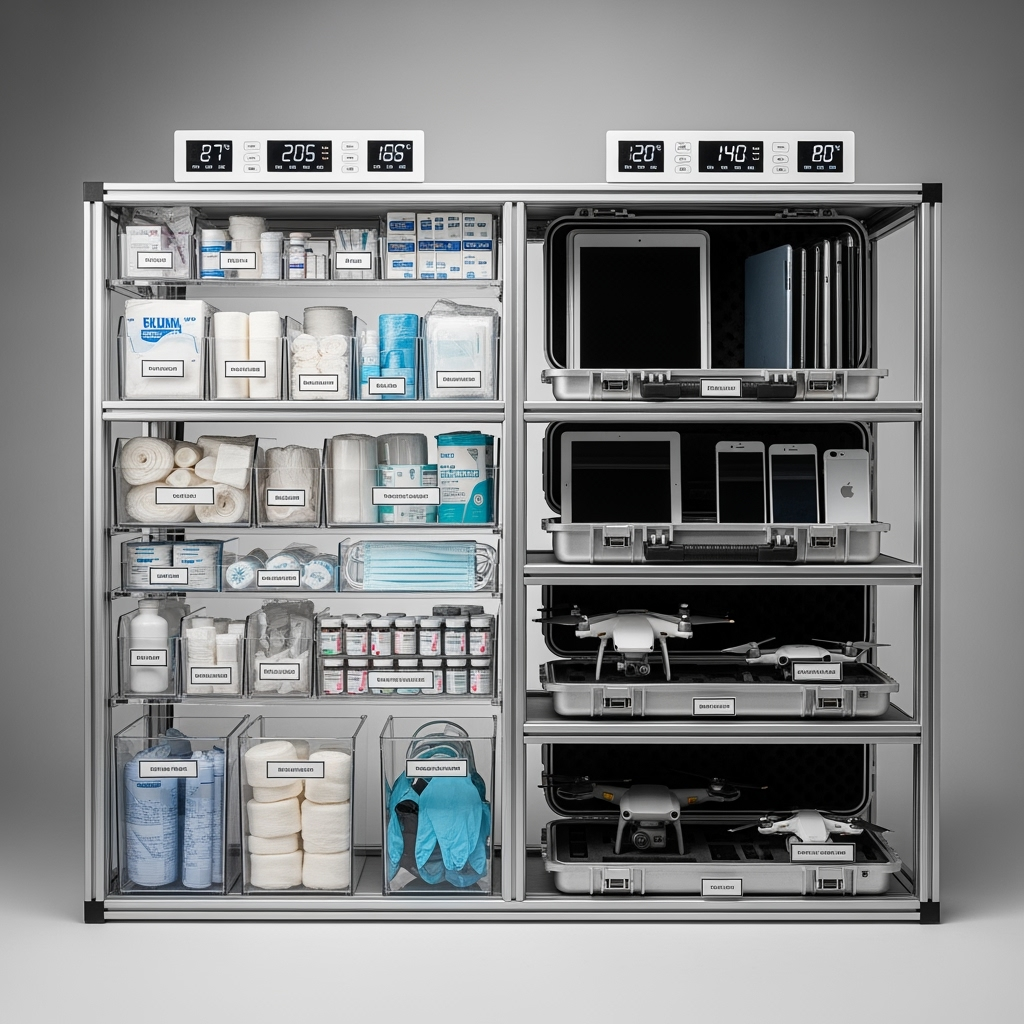
Leave a Reply